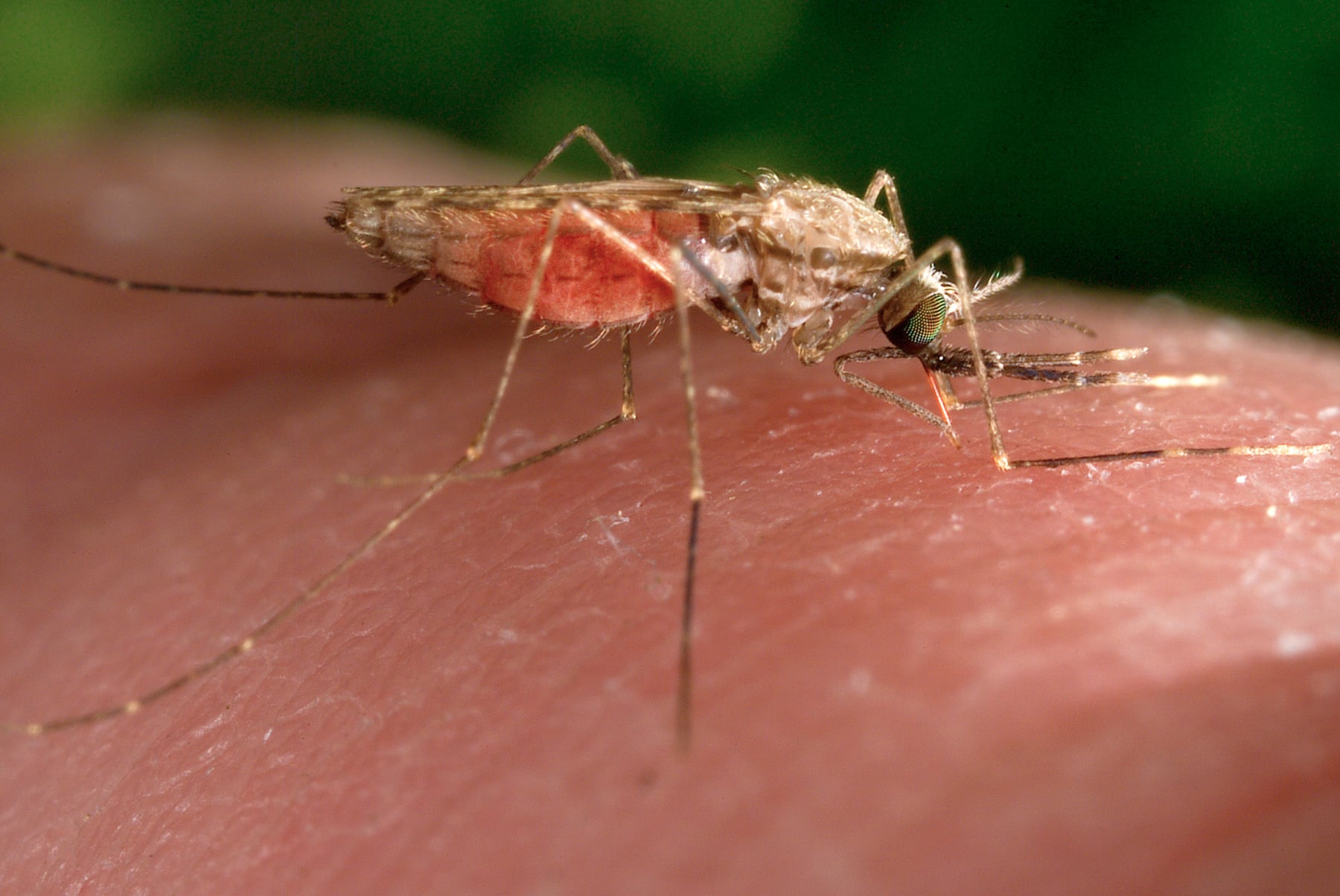A malaria medication for young children has received the first permission from Switzerland’s medical products authorities. It is hailed as a breakthrough against a disease that kills hundreds of thousands of people annually, almost all of whom are in Africa.
The Basel-based pharmaceutical giant Novartis’ medication was approved by Swissmedic on Tuesday for the treatment of infants weighing between 2 and 5 kilos (about 4 and 11 pounds). This could open the door for other severely affected African countries to follow suit in the months to come.
In collaboration with the World Health Organization, the FDA said the decision is noteworthy in part because it is only the third time it has authorized a drug through a fast-track authorization process to assist developing nations in obtaining necessary treatment.
Coartem Baby, the recently approved drug, combines two antimalarial drugs. It is a reduced dosage form of a pill that was originally authorized for use in older children and other age groups.
The incidence of malaria in very young children is quite modest when compared to older children, according to Dr. Quique Bassat, a malaria specialist who was not involved with the Swiss analysis.
However, he stated that everyone should have access to these medications.
Bassat, the director-general of the Barcelona Institute for Global Health, or ISGlobal, stated that, without a doubt, all children, whatever of age, but especially very, very young ones or extremely light-weight ones, need therapy.
Antimalarial medications intended for older children had up to now been carefully given to small infants to prevent overdose or toxicity, which Bassat referred to as a suboptimal option that the recently developed medication could help address.
He stated that although we are certain that this medication is safe and effective, it will only be offered in a new form for a particular age range.
Eight African nations participated in the evaluation and are anticipated to approve the medication within ninety days, according to Ruairidh Villar, a Novartis representative. According to the company, it intends to carry out its program in endemic malaria countries primarily on a non-profit basis.
Malaria infections are still on the rise, particularly in crisis-affected nations, despite new vaccines and initiatives that target the mosquitoes that transmit the parasite, according to Dr. Bhargavi Rao, co-director of the Malaria Centre at the London School of Hygiene and Tropical Medicine.
She called for clarification on pricing and stated that access initiatives for the new medication must consider the areas with the greatest needs.
In an email, she added, “We need transparency about what Novartis’ heavily non-profit statement means, including publicly available pricing, which countries will benefit, and how long for.”
However, more than 20 years after the WHO initially pre-qualified Coartem for older age groups, she said it was important to finally have a safe and appropriate medication for very young children.
She pointed out that the news coincides with rising antimalarial resistance and a substantial decline in global health spending, including malaria research and programming, in many traditional donor nations.
According to the WHO, 95% of the anticipated 597,000 malaria fatalities globally in 2023 occurred in Africa, where the mosquito-borne disease remains the worst, affecting 1.5 billion people. Children accounted for about three-quarters of those fatalities.
